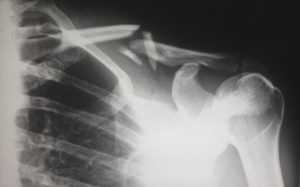Motions are the way that parties to criminal litigation communicate in writing to the Vermont Superior Court.
For instance, let’s say that a defendant has an important doctor’s appointment at the same time that he is scheduled to be in Vermont criminal court. The defendant’s attorney could (1) file a motion to continue the criminal court hearing or (2) file a motion to waive the defendant’s appearance at the criminal court hearing if it is not a substantive hearing.
Motions are how the parties to litigation officially “talk” to each other outside of court.
There are specific requirements about typeface and format for motions.
Vermont Rule of Criminal Procedure 47 outlines Motions as follows:








